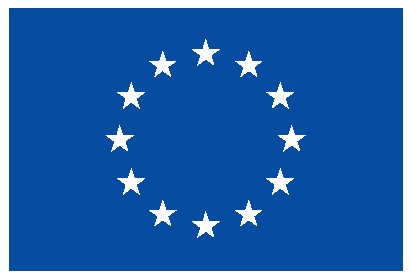A population-based controlled experiment assessing the epidemiological impact of digital contact tracing
Hits: 8256
- Research areas:
- Year:
- 2021
- Type of Publication:
- Article
- Authors:
-
- Rodríguez, Pablo
- Graña, Santiago
- Alvarez-León, Eva Elisa
- Battaglini, Manuela
- Darias, Francisco Javier
- Hernán, Miguel A.
- López, Raquel
- Llaneza, Paloma
- Martín, Maria Cristina
- Ramirez-Rubio, Oriana
- Romaní, Adriana
- Suárez-Rodríguez, Berta
- Sánchez-Monedero, Javier
- Arenas, Alex
- Lacasa, Lucas
- Journal:
- Nature Communications
- Volume:
- 12
- Number:
- 1
- Pages:
- 587
- Month:
- January
- ISSN:
- 2041-1723
- BibTex:
- Note:
- JCR (2021): 17.694 Position: 6/73 (Q1) Category: MULTIDISCIPLINARY SCIENCES
- Abstract:
- While Digital contact tracing (DCT) has been argued to be a valuable complement to manual tracing in the containment of COVID-19, no empirical evidence of its effectiveness is available to date. Here, we report the results of a 4-week population-based controlled experiment that took place in La Gomera (Canary Islands, Spain) between June and July 2020, where we assessed the epidemiological impact of the Spanish DCT app Radar Covid. After a substantial communication campaign, we estimate that at least 33% of the population adopted the technology and further showed relatively high adherence and compliance as well as a quick turnaround time. The app detects about 6.3 close-contacts per primary simulated infection, a significant percentage being contacts with strangers, although the spontaneous follow-up rate of these notified cases is low. Overall, these results provide experimental evidence of the potential usefulness of DCT during an epidemic outbreak in a real population.
- Comments:
- JCR (2021): 17.694 Position: 6/73 (Q1) Category: MULTIDISCIPLINARY SCIENCES







